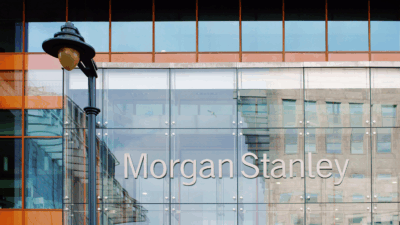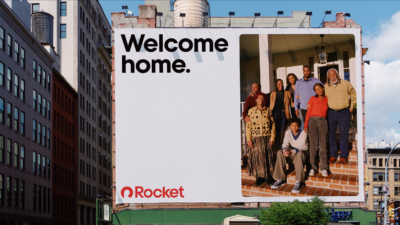US Retail Rebound Sees Commercial Landlords Coming to Collect
With shoppers returning to stores, retailers are finding that yearslong discounts on rent are coming to a close.

Sign up for smart news, insights, and analysis on the biggest financial stories of the day.
Mo’ money, mo’ rent.
Retailers that survived the pandemic are now benefiting from splurging customers and a growing economy. Commercial landlords have noticed, and they’re done with Covid-era concessions like discounted rents, The Wall Street Journal reported.
First and Last Month’s
Even before the pandemic, brick-and-mortar stores were losing ground to online shops; government-mandated shutdowns, social distancing, and global supply chain issues that persist to this day didn’t help. To avoid losing tenants amid Covid, commercial landlords offered cheaper leases, months of free rent, or even cash gifts. One popular system was percentage-of-sales agreements, where rents were determined by a store’s financial performance each month.
Only a few years later, retailers and restaurants are having a bit of a renaissance. Despite more than $1 trillion in combined credit card debt and fears of not being able to pay for essentials like food and utilities, consumers have continued to fuel the economy and support shops. This past holiday season, sales at stores, car lots, and online retailers rose 5.6% year-over-year. For retailers, this probably feels like an extremely pleasurable whiplash.
But that means landlords are done handing out favors:
- Ed Coury of retail-brokerage firm RCS Real Estate Advisors told the WSJ that because retailers have bounced back, commercial landlords are no longer struggling to fill space so rent discounts are history. “They’ll just say, ‘Covid’s over; those days are done,’” he said.
- In last year’s Q4, vacancies at US shopping centers fell to 5.3%, and average asking rents rose to $23.70 per square foot — roughly 17% above 2019 levels — according to Cushman & Wakefield data, reported by the WSJ.
Not All Commercial Real Estate: Americans may want to go back to the mall, but they’re not as keen on the office. Because some employers prefer remote work or because they’re conceding to the demands of workers, once-bustling office buildings are fairly quiet and less valuable compared to how they were pre-pandemic. Howard Lutnick, CEO of investment bank Cantor Fitzgerald, recently told Fox Business he predicts between $700 billion and $1 trillion of defaults over the next two years unless interest rates fall soon. Maybe retailers should start renting space in skyscrapers.











